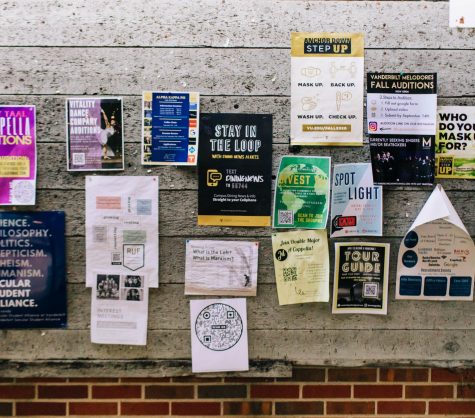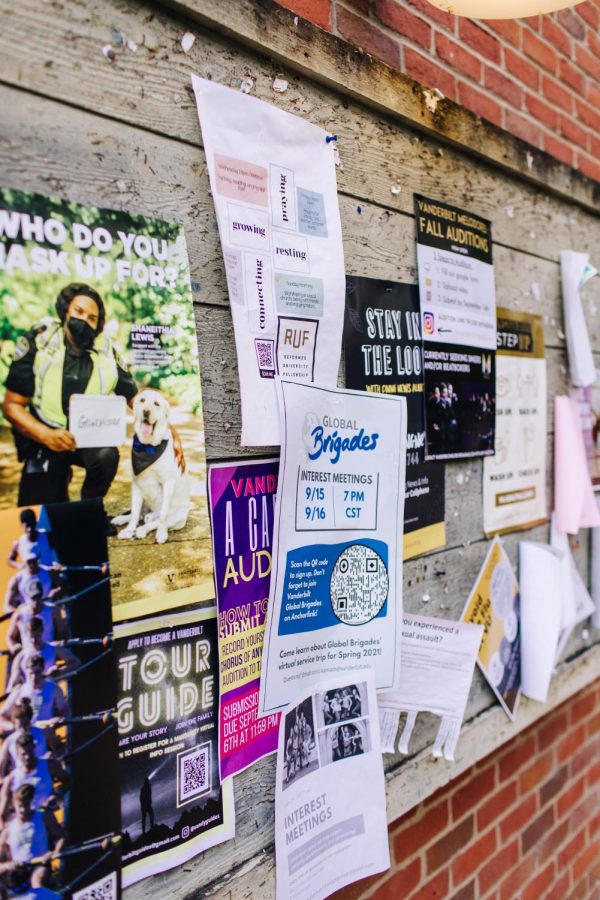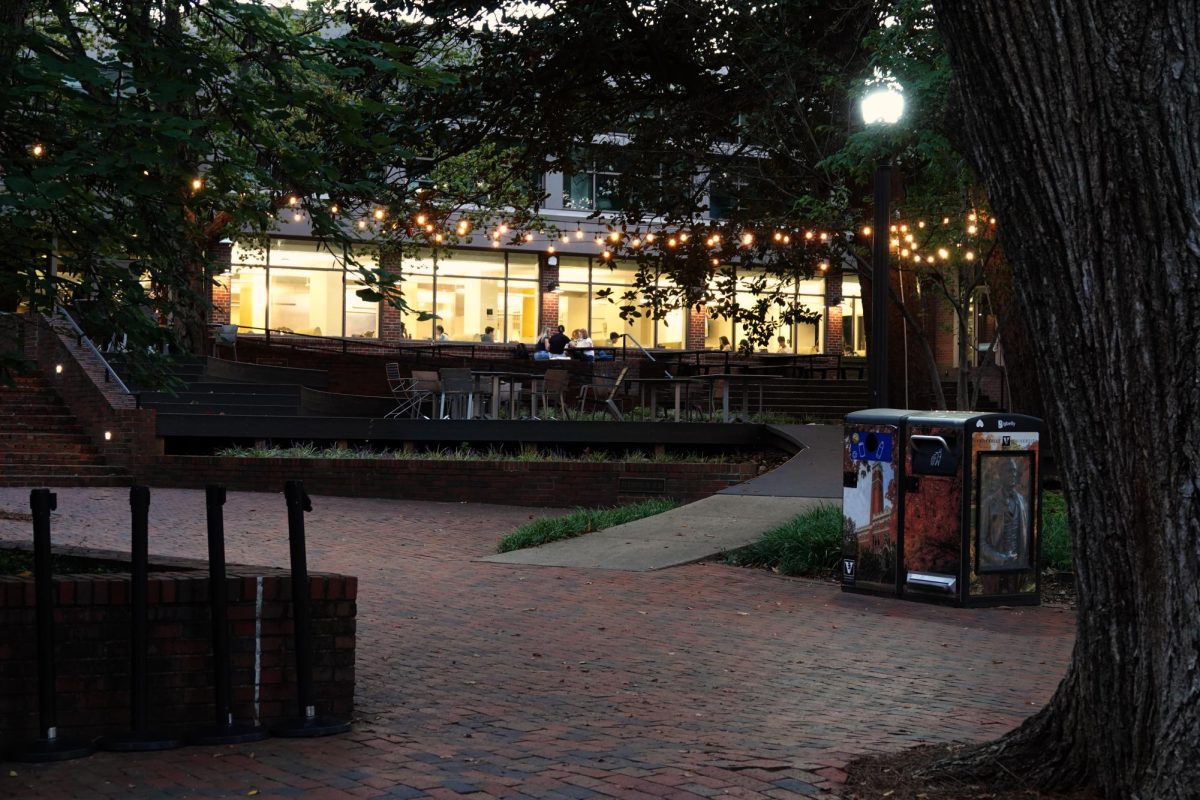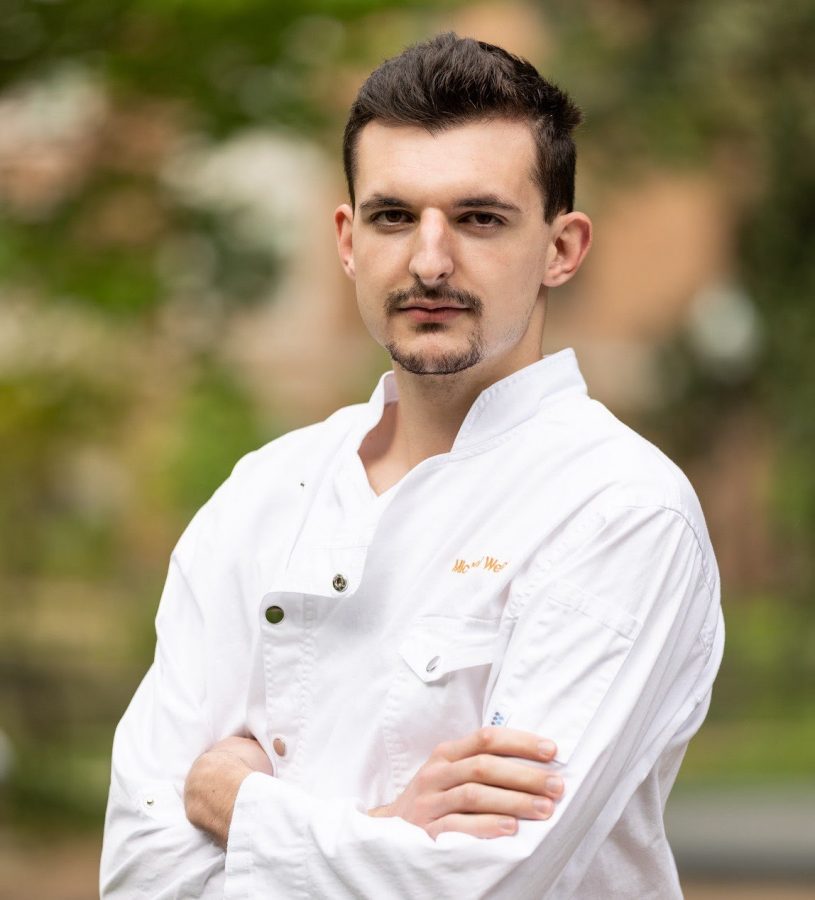“Not involved on campus yet? No Problem!” Well, Vandy, there actually is.
I’m four weeks into my third year and have yet to join a club here at Vanderbilt, though not for a lack of trying. As a first-year, I, along with most of my class, trekked from Commons to the Recreational and Wellness Center (Rec) to participate in the annual Student Involvement Fair. Better known as the Org Fair, this is one of many overwhelming events the university hurls its first-years into during their first couple of weeks on campus. After about an hour of walking up and down rows of organization tables from Cricket Club to Genetic Counseling Club, I left the Rec without any prospective organizations and no closer to figuring out how I was supposed to have interests specific enough for any of these clubs.
“It’s fine,” I thought. “I have all year to figure out what I’m interested in.” Well, it turns out that the only thing more daunting than attending Vanderbilt’s Org fair as a first-year is attending it as a sophomore. Not only is it just as chaotic, but the second time around, sentiments like ‘I know it seems overwhelming, but don’t worry you have plenty of time to figure out what club to join’ turn from optimistic and assuring to slightly demoralizing. It was at this point that I realized the Org Fair is almost entirely geared towards first-years, and it is assumed that everyone else is already an active student group member. Thus, if you fail to join an organization within the first month of your first year at Vanderbilt, you are going to have a rather difficult time joining any sort of organization after that. This sentiment proves especially detrimental to the students who, like me, enter college with no idea who they are, let alone what they are interested in.
Some students, however, find it incredibly easy to pick from the assemblage of over 500 organization opportunities. Through observation, I learned that for many of these students, the organization they choose to join closely aligns with either their major or their desired career path. Unfortunately for me, it was about this time in the semester that I realized Neuroscience, the major I came to Vanderbilt with which was entirely influenced by watching “Grey’s Anatomy,” was not an actual interest of mine. After several semesters of self-discovery, I am just now beginning to narrow down my interests, a process which Vanderbilt has led me to believe I was supposed to have done within my first year.

While finally declaring a major helped give insight into my interests, I’m still unsure of my post-collegiate goals, which brings me to my next point: many students at Vanderbilt join clubs not as a way to get involved but rather as a pre-professional pursuit. As shown by the presence of over 50 explicitly pre-professional student organizations, these students have a proclivity to pursue organizations that coincide with their professional goals.
I am not advocating for the eradication of pre-professional clubs, as there are substantial benefits to joining them; they provide networking opportunities, professional advice and allow for a glimpse into various potential fields of work. It is not until pre-professional organizations become a mere checklist item for students in their pursuit of post-collegiate opportunities that they become a problem. This tendency speaks to Vanderbilt’s culture of constant resumé building; as a microcosm of overachievers, we relentlessly push ourselves to meet the ridiculously high standards that have been placed on us both by our environment and ourselves. While this striving is not in itself harmful, by generalizing the idea that everything we do in our collegiate career should contribute to our professional endeavors, we diminish the role of the university experience in self-discovery. As students, we need a culture shift in this constantly working for work after college mentality.
Interestingly enough, the most common question I get when I tell people about my lack of campus involvement is, “But what do you spend your time doing?” While this question typically seems a tad condescending, I find it might be beneficial to bring it up now. My answer? Exactly what I came to Vanderbilt to do. I go to class, I do my work, I hang out with friends and equally important, I do a lot of thinking. Strangely enough, these are the activities that have made me feel included on campus.
Thus, it is of the utmost importance that Vanderbilt recognizes that campus inclusion rests on the cultivation of the self, not the other way around.
As a university, we need to re-evaluate our priorities. Rather than placing an emphasis on getting what we want, we ought to first figure out what it is that is worth wanting. Whether this comes in the form of a more extensive Vanderbilt Visions program or a Self- Discovery course, a commitment to self-discovery will make Vandy a much healthier university. If we want to cultivate a community in which everyone feels comfortable and included, we have to be willing to be comfortable with the idea that we’re all still figuring things out.







